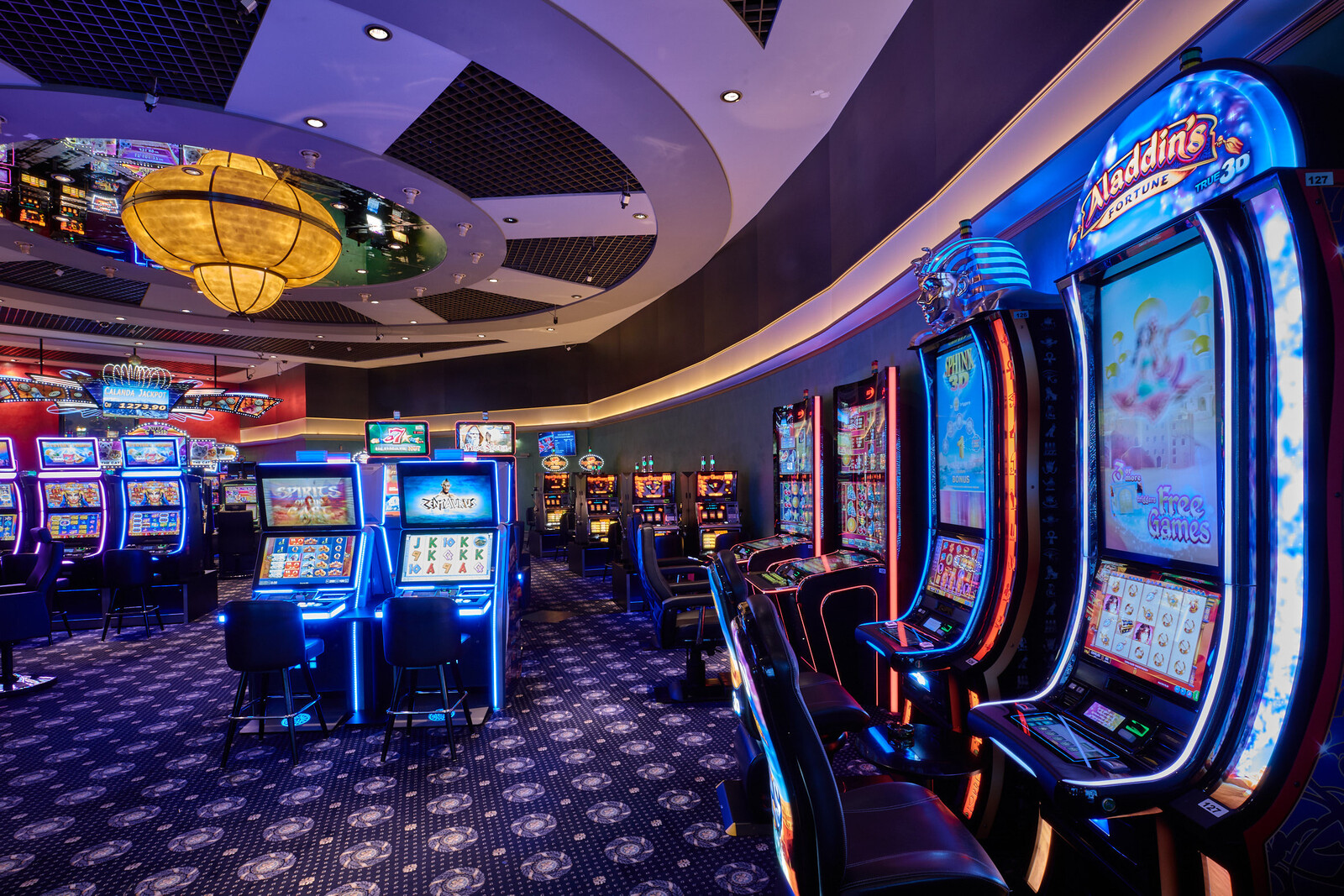
Casino games have fascinated players over the ages, progressing from basic recreational activities to intricate adventures that integrate fortune, tactics, and fun. From the historical origins of gambling in societies including the ancient societies of Mesopotamia and Rome to the dazzling corridors of current casinos, the journey of these games uncovers much about the human experience and our relationship with luck. As cultures have merged and innovation has progressed, casino games have evolved, reflecting shifts in society and innovations in gameplay.
The primitive versions of gambling likely involved elementary dice-based games and placing bets on the outcomes of athletic contests. Over time, these primitive activities grew into better-organized games like table games, the game of roulette, and the variety of slot machines that populate the floors of casinos today. Each era brought its distinct regulations, design elements, and social relevance. At present, casino games continue to evolve with the rise of online platforms, enabling players from everywhere to engage in a common experience, further fusing the traditional with the modern era.
Early Beginnings of Gambling Activities
Gambling activities have origins that extend back to ancient societies, where wagering was deeply integrated in social practices and cultural rituals. The first known forms of gambling appeared in Mesopotamia around three thousand BC, including simple die games made from knuckle material. These primitive games laid the groundwork for more advanced betting activities, showing human beings’ innate desire to find wealth and entertainment through luck.
As civilizations progressed, so did their betting interests. In early Chinese culture, around two thousand three hundred BC, objects were discovered that were similar to primitive basic forms of a lottery game activity. More structured instances of gambling developed in the Roman civilization, where activities of luck were a popular pastime, often taking place in community gatherings. The Romans developed various betting games, which included dice and board games, showing the pervasive nature of gambling across various social classes.
With the movement of ages, these primitive games shaped the progress of modern gambling activities. In the medieval period, playing card activities grew prevalent in Europe, paving the way for the organized gambling establishments we know today. The shift from informal betting to formal gaming in taverns and personal homes marked a significant transformation in how people interacted with activities of chance, leading to the eventual establishment of gaming houses as specialized places for betting.
The Rise of Modern Gambling Industry
The late 1960s and 1970s marked a significant change in the realm of casino games, fueled by tech innovations and shifts in cultural attitudes towards gambling. Đăng nhập Thabet The introduction of personal computers and the internet altered the way players engaged with their beloved games. Online casinos emerged, enabling players to enjoy classic table games like Texas Hold’em and 21 from the safety of their homes. This emerging digital landscape not only expanded availability to casino games but also drew in a younger audience who found the comfort and diversity attractive.
As online gambling gained momentum, so did innovations in gaming technology. The advancement of high-quality programs and visual elements changed traditional casino games into engaging experiences. Players could now connect with authentic dealers through live streaming, bringing the atmosphere of brick-and-mortar casinos directly into their homes. This blending of live gaming with online platforms created a new hybrid model that boosted the community element of gambling, allowing it possible for people to engage and challenge with fellow gamers around the globe.
Additionally, the rise of gaming on mobile devices substantially changed the casino landscape. With the widespread use of smartphones and touch devices, players can play their preferred gaming options everywhere, whenever. Thabet Mobile apps offer a wide selection of games tailored for touchscreens, serving the busy daily life of contemporary gamers. This easy access has produced rising involvement in casino games, contributing to the exponential growth of the gaming industry. As a result, the prospects of gambling continues to evolve, adapting to new technologies and shifting player expectations.
The Impact of Technology on Casino Games
Technology’s advancement has significantly transformed casino games, improving the overall gaming experience for gamblers globally. With the introduction of the internet, online casinos emerged, allowing players to play their preferred games from the comfort of their homes. This change not only made casino games more available but also increased the variety of games offered, as online platforms could offer many different versions of traditional games without the limitations of brick-and-mortar establishments.
The rise of mobile technology further transformed the casino gaming landscape. With the proliferation, players can to engage in casino games whenever and wherever they want. This mobility has resulted in the development of dedicated mobile applications and optimized websites that provide seamless gaming experiences. Additionally, advancements such as live dealer games have brought the authentic atmosphere of a casino into players’ living rooms, bridging the gap between physical and online gaming.
Furthermore, advancements in artificial intelligence and VR are paving the way for the next generation of casino games. AI enhances game design and player interaction, creating tailored experiences based on user behavior and preferences. Meanwhile, virtual reality offers immersive environments where players can engage in a simulated casino setting, making the gaming experience more engaging and realistic. As technology continues to evolve, the future of casino games seems bright, filled with limitless opportunities for advancements and entertainment.